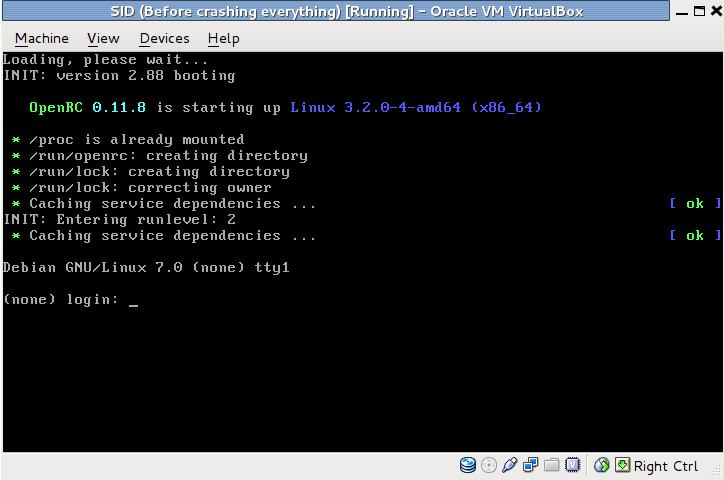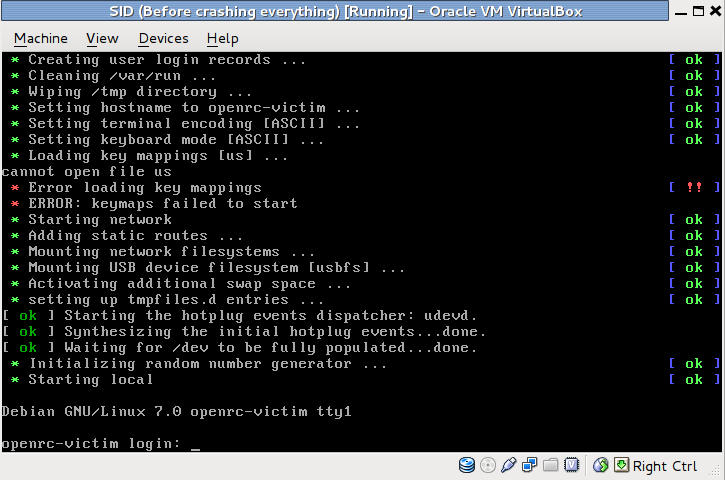Review:
Asimov's Science Fiction, August 2011
| Editor: |
Sheila Williams |
| Issue: |
Volume 35, No. 8 |
| ISSN: |
1065-2698 |
| Pages: |
112 |
The editorial this issue is about the Dell Magazines Award, so newsy
without a lot of content (particularly since we don't get to read the
winners). Silverberg's column is much more interesting, focusing on the
complex rules of the honor code of the Albanian highlands and pointing out
that there's more complexity and strangeness in things we can find on
Earth than in a lot of science fiction. Even within the rules of real
human cultures.
James Patrick Kelly's column this issue is an interesting summary of what
graduates of the Clarion writing workshop learned, in their own words.
It's a nice barrage of quick writing tips, and an interesting view of what
people take away from a writing workshop. The book review column this
issue is Peter Heck's normal workman-like job.
"The End of the Line" by Robert Silverberg: Someday, I really
should read
Lord Valentine's Castle. As you might guess from this
comment, this is another Majipoor story. This one follows an official who
is part of an advance party for the Coronal Lord, the ruler (of sorts).
He's decided, as part of those duties, to take the opportunity to learn
more about the aboriginal people of Majipoor: the somewhat mysterious
metamorphs, or Piurivar.
I'm not that familiar with the history of Majipoor, since all I've read is
this story and one other, none of the novels. Apparently, knowing that
the official in question is named Stiamot will place this story for more
familiar readers. For the unfamiliar, such as myself, there's a lot of
politics here and what's clearly background for a major event in the
world, but as a standalone story it's a bit unsatisfying (and grim). It's
not that clear why things had to turn out the way they did, and the
characters seem largely without agency. It's well-written, but mostly a
story for fans of the series, I think. (6)
"Corn Teeth" by Melanie Tem: This is a tight third-person story
about a human child raised by alien foster parents, and it's deeply
disturbing. Not because of the fostering, which appears wonderful and
loving, but because it's a train wreck sort of story: the reader can see
the horrible coming and can't do anything about it (and it turns out even
worse than one might expect). It's also a story built around failure of
communication and failure of empathy, and has a monumentally depressing
ending, the kind that leaves scars. I'm sure all of this is entirely
intentional; it seems very well-written. But I really didn't want this
much horrible misunderstanding and depressing hopelessness in my reading.
(2)
"Watch Bees" by Philip Brewer: I rather liked this story even
if the protagonist is an awful person. The story is set in a future of
bioengineered insects and hard economic times, and it features a man who
is supposedly working his way from farm to farm to get back home. What
he's actually after is more complicated and is closely related to the
defense systems that keep intruders off of farms. You might guess some of
the rest from the title. It's a story about understanding layered defense
systems, and about economic warfare. I didn't care much for any of the
characters, but the story is well-plotted and kept me interested in seeing
what would happen next. (6)
"For I Have Lain Me Down on the Stones of Loneliness and I'll
Not Be Back Again" by Michael Swanwick: By Swanwick, so it's a little
odd, but I found this story surprisingly moving and ambiguous. It's about
an American of Irish descent, a trip to Ireland, and a love affair with a
fierce Irish nationalist, all set against an SF background of an Earth
conquered by benevolent aliens. It's angry, uncertain, fanatical, and
realistic by turns, and left me with profound mixed feelings. I think it
does a good job capturing in a brief story the emotional complexities of
what it means to give onself to a cause. (7)
"We Were Wonder Scouts" by Will Ludwigsen: This is a short and
odd story about a variant of the Boy Scouts founded by a man who is a
little too obsessed with the paranormal, and an outing in the woods that
turns rather creepy. It's a type of story that I'm not very fond of: one
that twists the delight of discovery into something dark and mundane. I
suppose you could call it horror; it's more horror than fantasy, at least.
Anyway, not my thing. (3)
"Pairs" by Zachary Jernigan: This story, on the other hand,
isn't as dark as it seems like it should be from the setup. Humans have
been conquered and enslaved by more powerful alien races, and now human
souls are a profitable business. The protagonist is a person who has been
embodied in a spaceship, and who works with (and monitors) another largely
insane embodied person as they work as couriers, carrying souls to their
buyers. But neither of them are as fully under control as they might
appear, which is the point of the story. There is no grand tale of
redemption, and the price is high, but I found the psychological portrayal
oddly satisfying and faintly hopeful, and I was intrigued by the world
background. (7)
"Paradise is a Walled Garden" by Lisa Goldstein: The cover
story, this is by far the best story of the issue. It's steampunk, set in
a world where Muslim civilization was not pressed back by Christianity and
continues to thrive into the reign of Queen Elizabeth as, among other
things, makers of automata. A girl has managed to get herself a job in a
British factory by posing as a boy and is the first to sound the alarm
when the automata that do most of the work go strangely (and violently)
haywire. That leads to her being assigned to the subsequent delegation to
Al-Andulus (Muslim Spain, if you're not familiar with that name from
history).
The protagonist is the best part of this story. She's thoughtful,
resourceful, and delights in learning things, something that she's rarely
had the opportunity to do. She's also utterly unintimidated. In
Al-Andulus, she thrives, despite the contempt of the leader of the
expedition and some dangerous intrigues around the source of the anomalous
behavior. I won't spoil the ending, but it's a delight, leaving the
reader with a lot of hope for her future. I also liked the portrayal of
the Muslim world, which is engrossed in its own business and has its own
advantages and disadvantages, but is at least open to and focused on
learning and technological development. The contrast with the
superstitious British delegation is both pointed and historically grounded
in Muslim relations with Europe around the point of divergence of
Goldstein's world. (8)
Rating: 7 out of 10
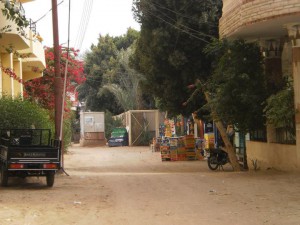

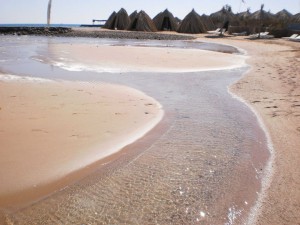


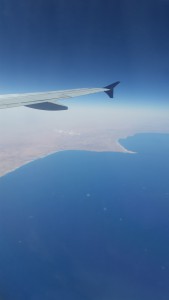
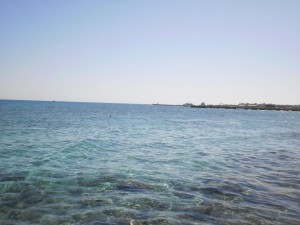


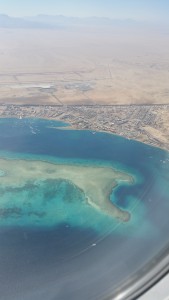




 Sarah dropped Zoe around this morning at about 8:30am. She was still a bit
feverish, but otherwise in good spirits, so I decided to stick with my plan for
today, which was a
Sarah dropped Zoe around this morning at about 8:30am. She was still a bit
feverish, but otherwise in good spirits, so I decided to stick with my plan for
today, which was a  I thought it would have been smooth, though it wasn t. OpenRC shipped /sbin/rc, which conflicted with the rc shell (an implementation of the AT&T Plan 9 shell), and /sbin/runscript was conflicting with minicom. With the help of upstream authors, /sbin/rc was renamed /sbin/openrc, and /sbin/runscript was renamed /sbin/openrc-run.
However, the main goal is reached: after last summer Google Summer of Code project, and a bit of rework for the ruff edges, OpenRC made it to Debian.
So, if you wish to try OpenRC, which is a direct replacement for sysv-rc, just add the Debian Experimental repository to your sources.list, and do apt-get install openrc . The only issue will be the first reboot, though that should be fine if one manually shuts down every running daemon, and then type what the postinst suggests as command echoed on the screen. Suggestions on how to improve this is welcome. I warmly also welcome more general feedback.
I d like to publicly thank Patrick Lauer, Benda ( ), WIlliam Hubbs, Alexander Vershilov (who are all OpenRC upstreams), Bill Wang who was the GSoC studdent working on OpenRC, Roger Leigh who is the current sysv-init/sysv-rc maintainer, for their help and support when porting OpenRC to Debian. Without them, it wouldn t have been possible.
I thought it would have been smooth, though it wasn t. OpenRC shipped /sbin/rc, which conflicted with the rc shell (an implementation of the AT&T Plan 9 shell), and /sbin/runscript was conflicting with minicom. With the help of upstream authors, /sbin/rc was renamed /sbin/openrc, and /sbin/runscript was renamed /sbin/openrc-run.
However, the main goal is reached: after last summer Google Summer of Code project, and a bit of rework for the ruff edges, OpenRC made it to Debian.
So, if you wish to try OpenRC, which is a direct replacement for sysv-rc, just add the Debian Experimental repository to your sources.list, and do apt-get install openrc . The only issue will be the first reboot, though that should be fine if one manually shuts down every running daemon, and then type what the postinst suggests as command echoed on the screen. Suggestions on how to improve this is welcome. I warmly also welcome more general feedback.
I d like to publicly thank Patrick Lauer, Benda ( ), WIlliam Hubbs, Alexander Vershilov (who are all OpenRC upstreams), Bill Wang who was the GSoC studdent working on OpenRC, Roger Leigh who is the current sysv-init/sysv-rc maintainer, for their help and support when porting OpenRC to Debian. Without them, it wouldn t have been possible.
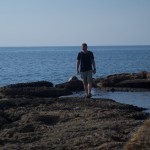
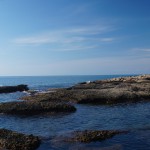

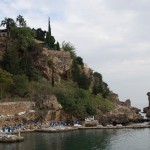

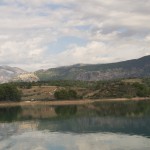
 One of the replies to the post about
One of the replies to the post about  I've recently started staging upgrades from Squeeze to Wheezy. One unpleasant surprise was that the mutt-patched package available to Debian doesn't contain the "sidebar-new-only" patch.
This means I need to maintain it myself again, which I'd rather avoid. Over time I've been slowly moving to standard Debian systems, trying to not carry too many local perversions around.
Unfortunately if you've kept all your mail since 1994 you have many mailboxes. having mutt-patched available at all, with the sidebar patch, is a great timesaver. But I don't want to see mailboxes I'm never going to touch; just mailboxes with new mail in them.
Also I find the idea of having to explicitly define mailboxes a pain. Just run inotify on ~/Maildir and discover the damn things yourself. Please computer, compute!
If you divide up "mail client" into distinct steps it doesn't seem so hard:
I've recently started staging upgrades from Squeeze to Wheezy. One unpleasant surprise was that the mutt-patched package available to Debian doesn't contain the "sidebar-new-only" patch.
This means I need to maintain it myself again, which I'd rather avoid. Over time I've been slowly moving to standard Debian systems, trying to not carry too many local perversions around.
Unfortunately if you've kept all your mail since 1994 you have many mailboxes. having mutt-patched available at all, with the sidebar patch, is a great timesaver. But I don't want to see mailboxes I'm never going to touch; just mailboxes with new mail in them.
Also I find the idea of having to explicitly define mailboxes a pain. Just run inotify on ~/Maildir and discover the damn things yourself. Please computer, compute!
If you divide up "mail client" into distinct steps it doesn't seem so hard:
